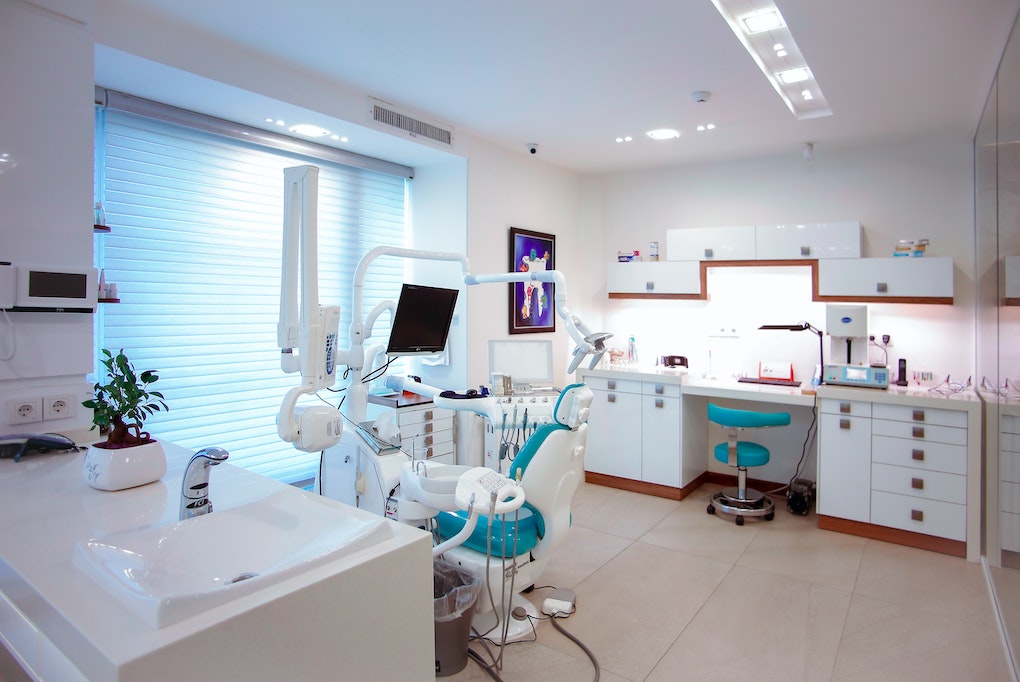
May 1, 2023
Why Dentists Are Selling Their Practices at an Earlier Age

Even just a few short years ago, pre-pandemic, dentists were selling their practices when they were in their mid- to late 50s. These days, the average age is skewing toward 44 years old. This is thanks to two main factors, as Professional Transition Strategies M&A Advisor Troy Jones points out in a recent article for Dental Review News. Here are the key takeaways from his observations and how you can learn from the opportunities at hand.
DSO consolidation in the dental industry
The main driver in the desire to sell earlier is the rapid consolidation happening in the dental industry. In short, equity arbitrage has created wealth-building opportunities for those looking to sell their dental practices. Like other medical fields with specialty sectors, “The dental industry is also undergoing rapid consolidation as investors recognize the untapped value in the sector and its strength to endure adverse events, such as economic downturns,” Jones writes. This level of activity means more dentists are becoming aware of options beyond selling 100% of their practice to a partner and retiring, the only option that existed in past generations.
“Private equity–backed dental service organizations (DSOs) offer a wide range of choices, including full cash payouts or a partial cash payment combined with an equity stake,” Jones continues. “DSOs can deliver a jaw-dropping 60% to 80% average annual return on a relatively short recapitalization timeframe, e.g., two to five years.” This scenario allows younger dentists to continue working while rolling over their equity stake to potentially keep generating exponential returns that build generational wealth.
Pandemic challenges still in the dental industry
Dentists are still feeling the effects of the pandemic, the most notable being staffing challenges and operational fallout. It’s not all doom and gloom, however. “Financially, most dental practices rebounded strongly, with many practices achieving their best revenue totals ever in 2021,” Jones explains. “But administrative aspects of running a practice are more challenging now.” This includes a shortage of dental hygienists, in particular.
What’s more, dental education “is another pressure point for younger dentists,” Jones points out, noting it is “especially acute for highly trained health care professionals, including dentists.” This creates another opportunity for a dentist to sell their business to a DSO to unload their managerial responsibilities and focus on the clinical care for which they got into dentistry in the first place while securing their financial future at the same time.
What’s next?
Jones asserts, “Competition among DSOs may increase the likelihood that dentists with valuable practices will receive attractive equity arbitrage offers.” No matter the type of buyer interested in your dental practice, you shouldn’t go it alone. Contact the experts at Professional Transition Strategies, who recognize that all dental practice transitions are unique. Even dentists who aren’t planning to sell their practices should consider investing time in a free valuation because, “When opportunity knocks, it pays to know what’s on the other side of the door,” Jones concludes.